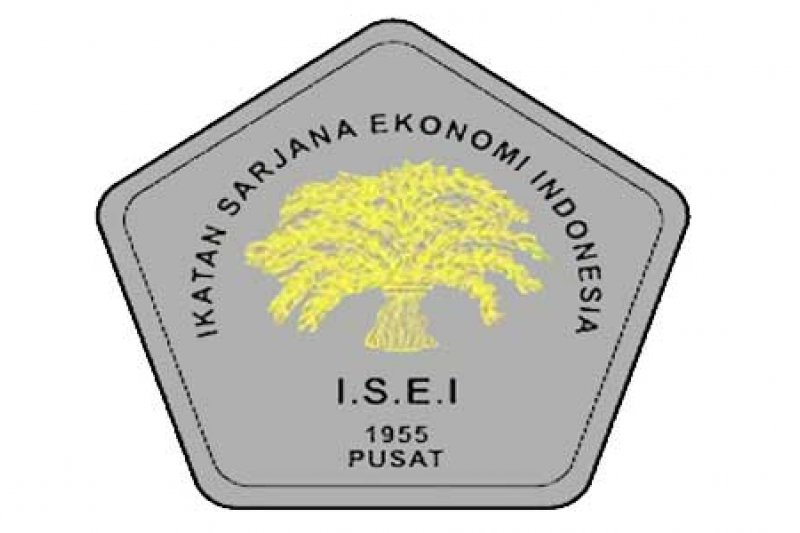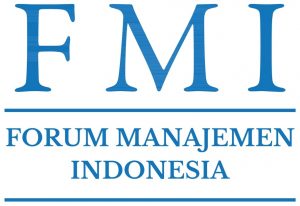Pengaruh Penerapan Employee Stock Option Plan (Esop) Terhadap Kinerja Perusahaan Dan Nilai Perusahaan Dengan Profitabilitas Sebagai Variabel Moderasi
(Studi Kasus Pada Perusahaan Manufaktur)
Abstract
The Employee Stock Option Plan (ESOP) is a share ownership program implemented in the company, this ESOP program aims to serve as a reward for employees who have good performance where the criteria for receiving this ESOP have been determined by each company, United States of America. is the first country to implement this ESOP program, with various benefits for employees through this share ownership program, the ESOP itself began to be implemented by certain companies in Indonesia regulated by PSAK No. 53 which according to PSAK, payments by companies to employees are not only in the form of monetary value but can be in the form of share options that can be used as opportunities by companies that aim to increase employee motivation, performance and loyalty to the company which will ultimately have an impact on the value of the company itself. In Indonesia, company management has its own rules in the process of implementing the ESOP, one of which is to use the vesting method, this method contains that every employee who receives the option right is prohibited from selling his shares unless requested by the company or an employee has retired. From the results of statistical tests whether the variable current ratio (X1) and Price Book Value (X2) have an effect if the company carries out the ESOP program but the results show that if a company implements the ESOP, it has no effect on the current ratio or price book value, but the existence of ESOP can strengthen these ratios. Variable current ratio, price book value and return on assets have an effect on the ESOP only 33%.










